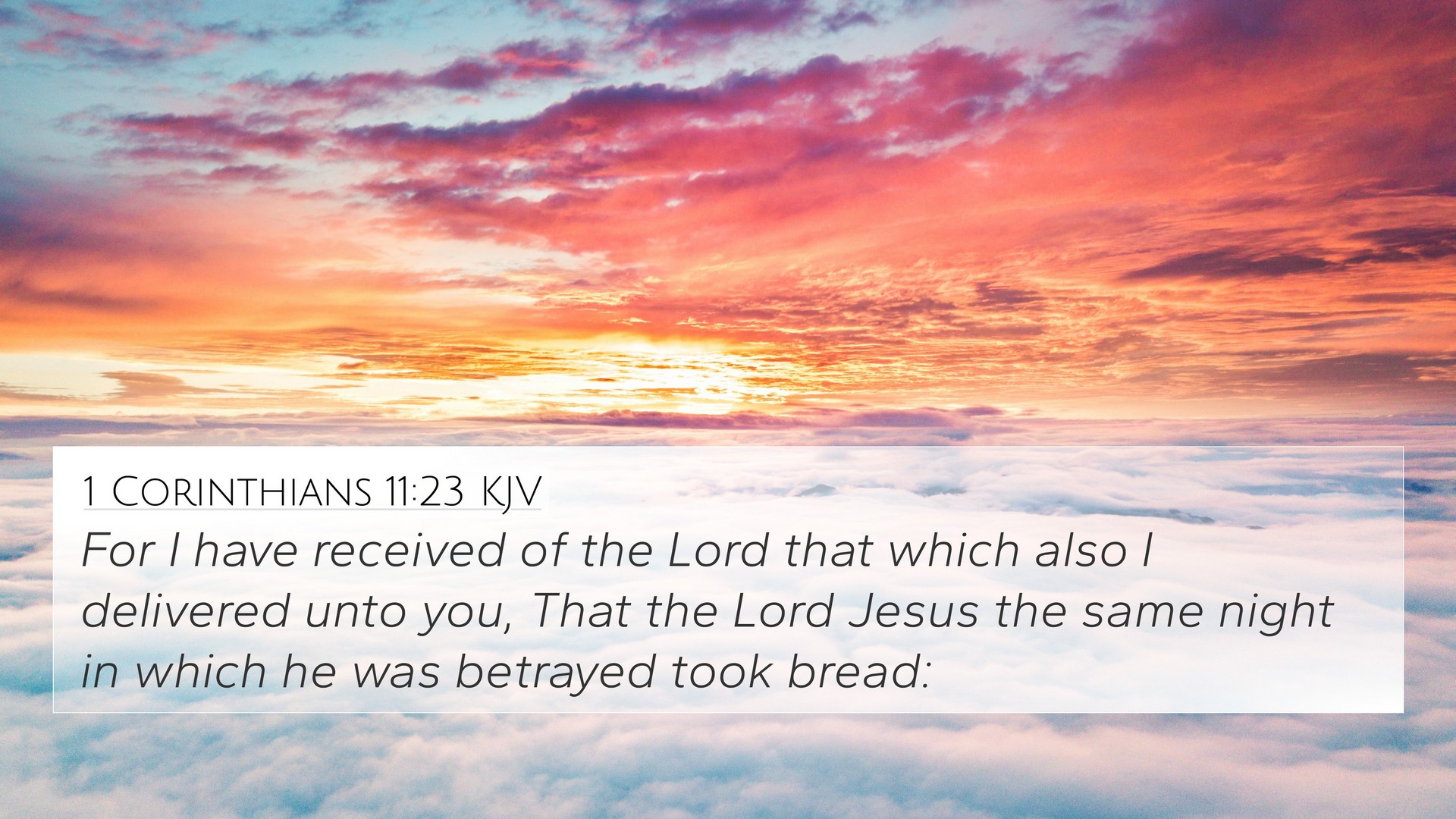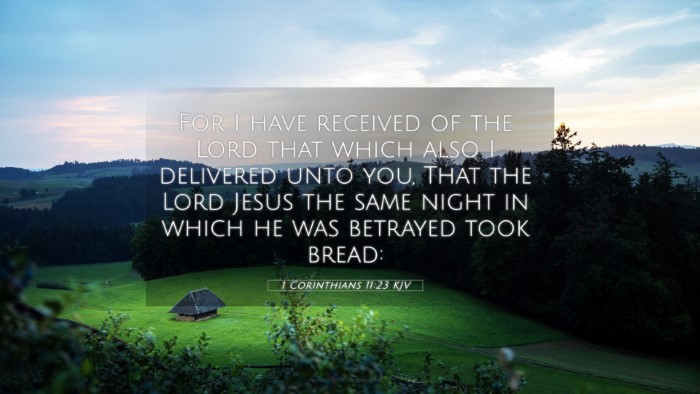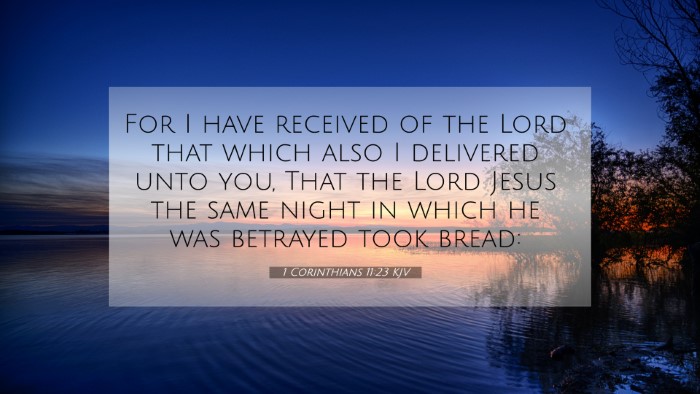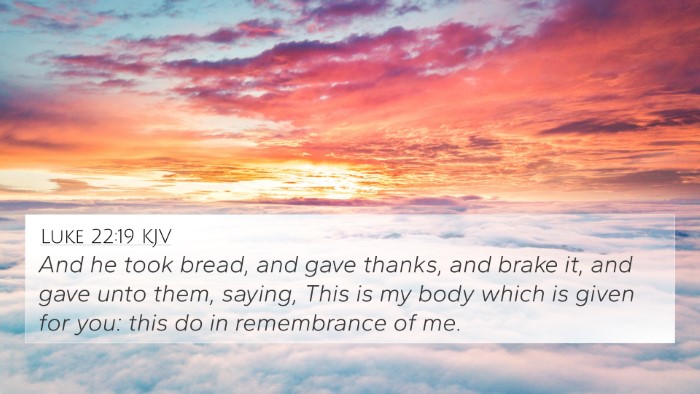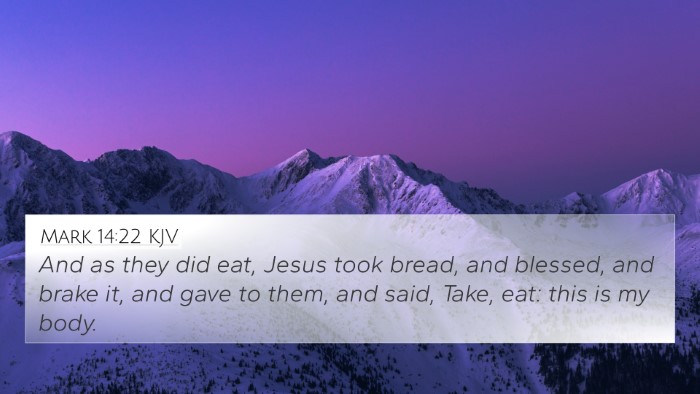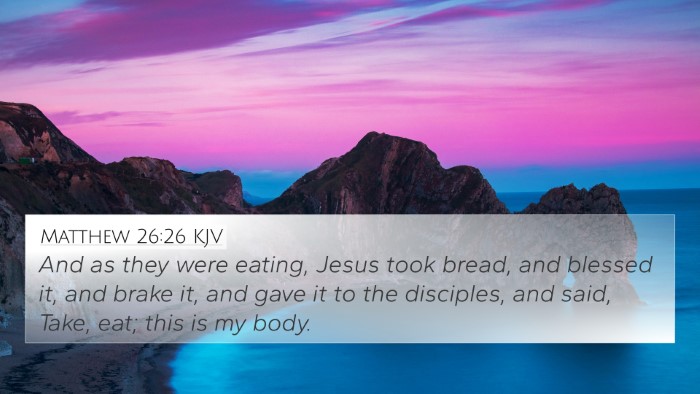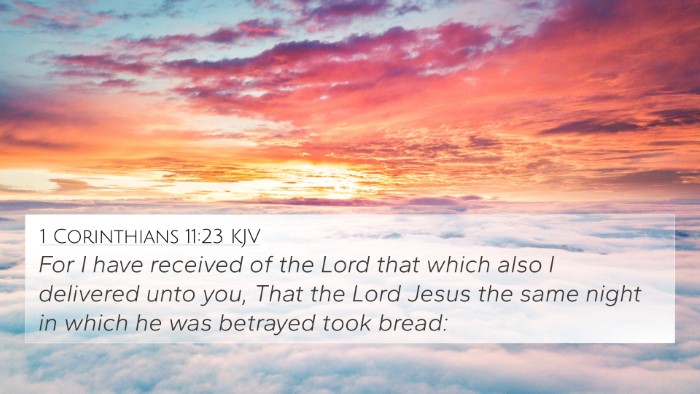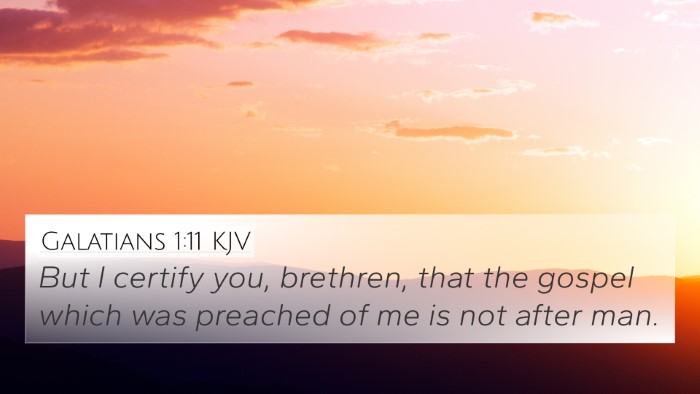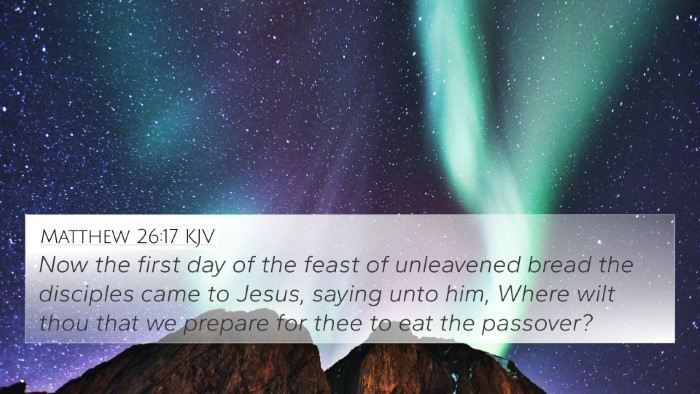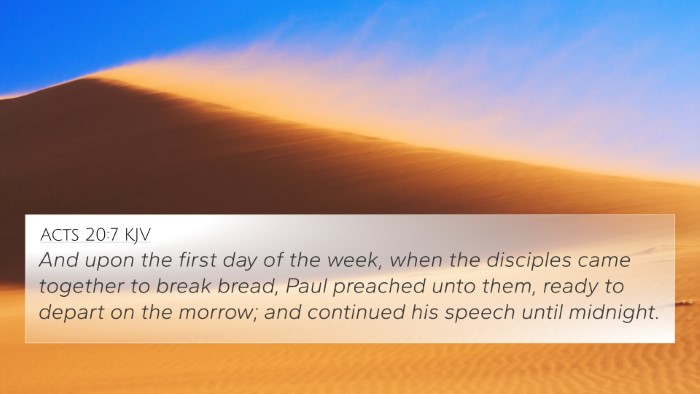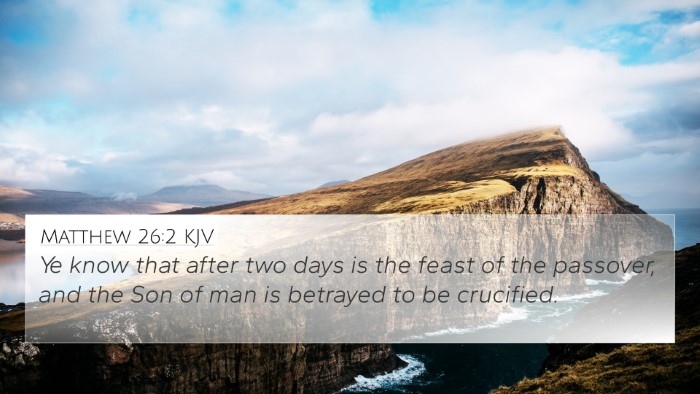1 Corinthians 11:23 Meaning
The verse states: "For I received from the Lord what I also passed on to you: The Lord Jesus, on the night he was betrayed, took bread..."
This passage is crucial in understanding the institution of the Lord's Supper, embodying both the remembrance of Christ's sacrifice and the commemoration of the covenant established through His blood. The Apostle Paul emphasizes the authority of Christ in this ordinance, highlighting that his teaching on it is not merely a tradition but a divine revelation he has received directly from the Lord.
Key Insights from Commentaries
-
Matthew Henry:
Henry mentions the importance of credibility in the transmission of teachings, noting that Paul underscores the divine origin of the Lord's Supper. This signifies its importance as it is an institution established by Christ himself, reflecting the continuity of God's covenant with His people.
-
Albert Barnes:
Barnes emphasizes the act of taking bread as a symbol of Christ's body and how this sacrament acts as a reminder of the grace bestowed upon believers. Moreover, he explores the significance of the timing, emphasizing that the Last Supper occurred just before Christ’s crucifixion, accentuating its somber yet redemptive nature.
-
Adam Clarke:
Clarke focuses on the phrase “the night he was betrayed” to draw out the themes of betrayal and sacrifice. He explains how this moment encapsulates the tension between human failure and divine love, showcasing the gravity of the moment in which Jesus instituted the sacrament amidst impending betrayal.
Bible Cross-References
- Luke 22:19-20: Establishes the context of the Last Supper and the command to "do this in remembrance of me."
- Matthew 26:26-28: Similar account of the Last Supper, reinforcing the significance of the bread and wine.
- John 6:51: Jesus refers to Himself as the "living bread," which deepens the understanding of the spiritual implications of communion.
- 1 Peter 2:24: Highlights the connection between Christ’s sacrifice and our spiritual healing, suggesting the meaning behind the bread symbolizes His body broken for us.
- Colossians 1:13-14: Speaks of redemption and the forgiveness of sins, which is pertinent to the themes present in the Lord's Supper.
- Exodus 12:7: The Passover lamb's blood is pivotal in understanding the new covenant established through Jesus' sacrifice.
- Hebrews 9:22: Discusses the necessity of blood for the forgiveness of sins, reinforcing the connection between the blood of Christ and the Old Testament sacrifices.
- Matthew 5:17: Christ fulfilling the Law and the Prophets suggests continuity in God’s redemptive plan, culminating in the New Covenant.
- Revelation 5:9: Proclaims the redemptive work of Christ which the Lord's Supper signifies.
Conclusion on the Thematic Connections
1 Corinthians 11:23 serves as a cornerstone for understanding the sacrament of communion, reflecting on themes of betrayal, sacrifice, and covenant. By cross-referencing biblical texts, we can see how interconnected the narrative of Scripture is in revealing God's plan of redemption through Christ.
In a broader study, using tools such as a Bible concordance or a Bible cross-reference guide can enhance one's understanding of these connections. Engaging in cross-reference Bible study methods allows deeper insights into how different parts of Scripture speak to one another, revealing the rich tapestry of divine revelation found in the Holy Word.
As believers seek to understand how to find cross-references in the Bible, they will come to recognize the power of study that identifies connections between the Old and New Testament, enhances their biblical literacy, and fosters a more profound appreciation for the intricacies of God's Word.
